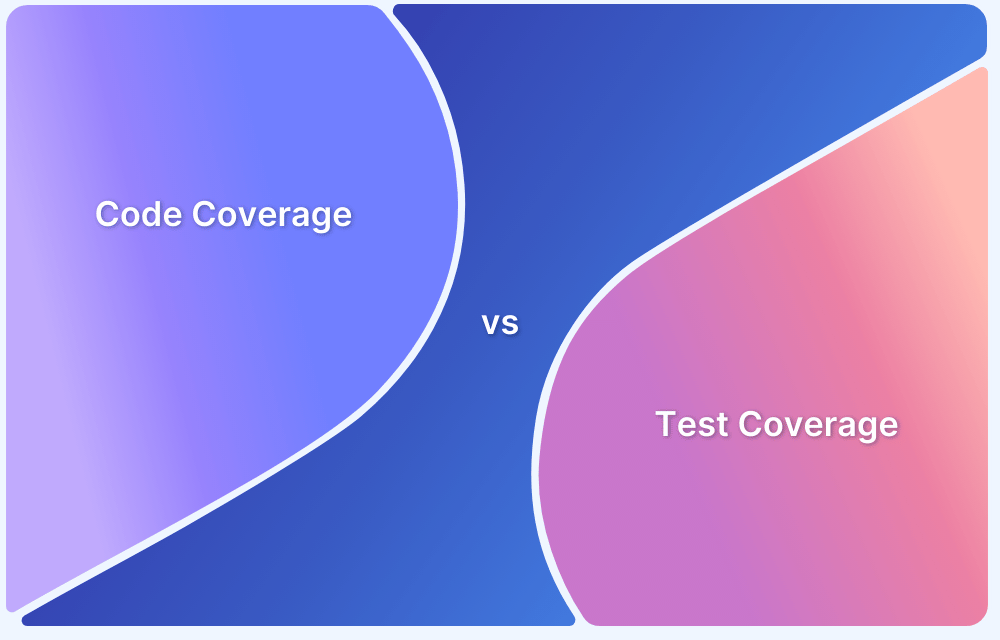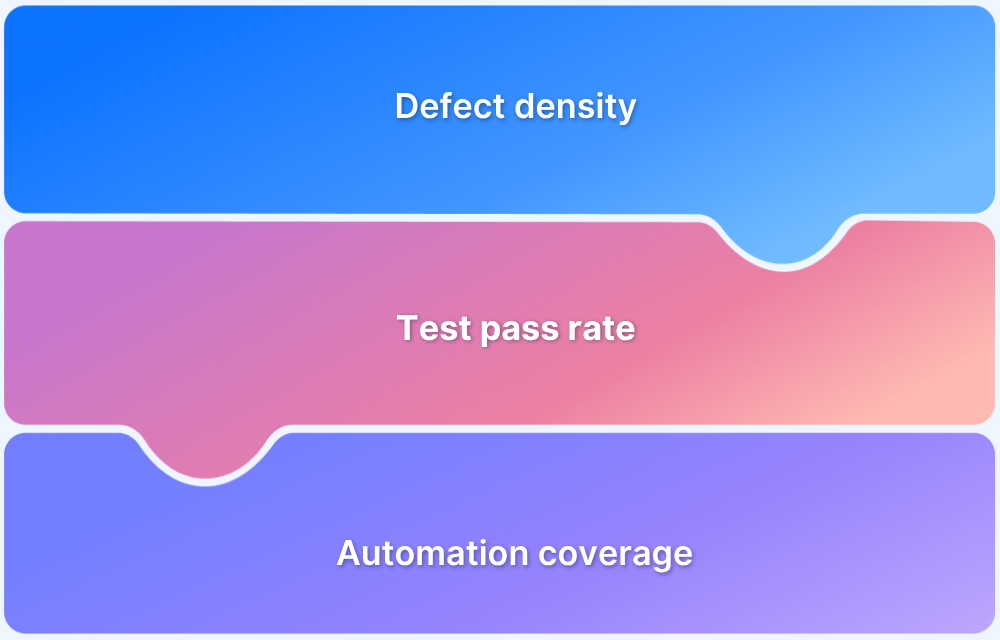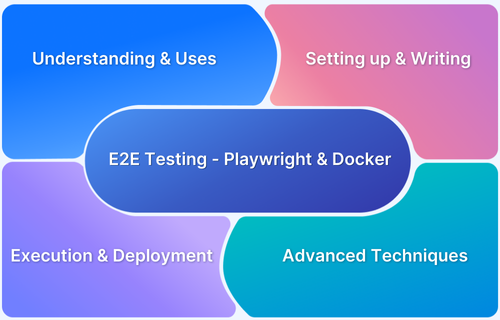Understanding Code Review and its Benefits
By Jash Unadkat, Technical Content Writer at BrowserStack - April 23, 2023
There are multiple practices that software teams undertake in the agile ecosystem to deliver quality software. Code review is one such practice that software development teams widely follow.
What is Code Review?
In simple terms, code review is a process wherein a developer’s code (or a pull request) is examined by a peer or a senior developer. When implemented correctly, code reviews help developers discover common bugs faster and reduce the amount of work required to optimize code in the latter stages.
Code review is an integral part of DevOps cycles, as it helps ensure that code is as clean as possible from the first step of the development pipeline. In fact, it is one of the tests every developer should run before pushing their code to the main branch.
Code reviewers primarily verify the following parameters:
- Design – Is the code well designed?
- Naming conventions – Did the developer use readable names for classes, variables, and methods for ease of understanding?
- Comments – Are the comments meaningful and clear?
- Complexity – Can the code be made simpler? Will it be easy for future developers to understand the code?
- Tests – Does the code include required and correctly crafted automated tests?
One might think of code review as just another routine check for identifying common bugs. However, that’s not true. Code review has many more benefits to offer than just the identification of bugs. Listed below are key benefits achieved using the code review process.
Why is Code Review important?
Code Review is a way of peer review of the code before the formal testing begins. It is useful in many ways, such as finding bugs at the early stages. Code Review enhances collaboration and helps teams work together to ensure high-quality code is delivered. It adds a layer of checks before the actual Unit Testing of the code happens.
Benefits of Code Review
1. Ensures consistency in design and implementation
Every developer has a unique programming style. Needless to say, multiple developers are involved in big projects. If developers continue following their unique coding styles during development, it hinders collaboration and stalls overall progress.
The code review process enforces developers to follow certain coding practices throughout the sprint development phase. This approach standardizes the source code, making it convenient for all developers (even new ones) to study and understand it easily.
Code review is useful in the long run as team members continue to change in projects. Additionally, maintaining a consistent coding pattern will help future developers spend more time building new features rather than waste time analyzing the existing code.
In case, one wants to quickly validate their design, try our Responsive Design Checker for Free.
2. Optimizing code for better performance
Code review helps younger developers identify areas of improvement when it comes to code optimization. As younger developers lack the required experience, they are unaware of specific code optimization techniques that can help them write clean code. The code review process helps them gain the right feedback from the senior developers and consequently helps them hone their coding skill sets. Additionally, it also helps identify critical mistakes or errors that can eventually lead to serious bugs.
Due to the monotonous nature of programming, even the most experienced developers are bound to overlook mistakes. Code review helps eliminate these mistakes before it proceeds to the next steps by inviting a fresh pair of eyes to review each code unit. The reviewer then checks and eliminates errors, if any.
3. Collaborating and share new techniques
Apart from saving time and money, code review also delivers human-centric ROI. Programmers spend most of their time in isolation while coding. However, practices like code review enforce developer collaborations. This encourages developers to interact with each other regarding their code and exchange their thoughts. Additionally, it also fosters mutual trust among the developers.
Besides, team members can exchange information regarding new learnings during code review. This helps team members upgrade their skills by gaining knowledge of the latest technologies.
4. Monitoring project quality and requirements
Every project has a well-defined scope and requirements. Furthermore, several developers are involved in developing a complex project. Each developer creates unique features according to requirements. However, there’s a high chance that a developer may misinterpret a requirement, and one may end up developing a useless feature.
5. Enhancing Maintainability of the Code
Code Review enhances the maintainability of the Code. It ensures that multiple people are aware about the code logic and functioning, which makes it easy to maintain in case the original author of the code is unavailable.
Code review helps tackle such scenarios as the process validates the feature developed against the expected feature. This serves as a verification for the developed features. This ensures that any misinterpretation associated with the scope or requirements are resolved at the earliest. This also helps ensure that teams do not end up missing out on critical features.
Although code review may sound like just another routine check, teams achieve much more than just identifying bugs. Enhanced collaboration, improved learning, timely verification of the developed code, and streamlined development are key benefits achieved through code review. Additionally, it also serves as a guide for younger developers to hone their skills to become professionals. Given this, one can infer how code review adds significant value to the development cycle for delivering quality products.



